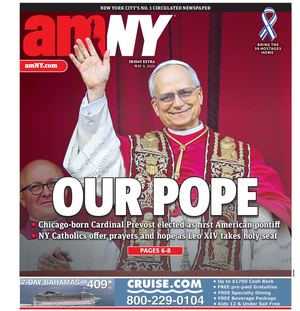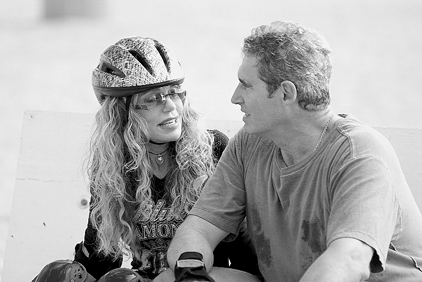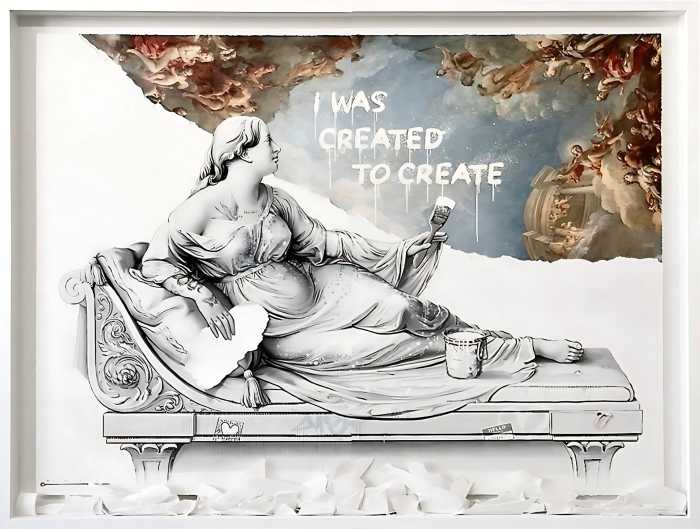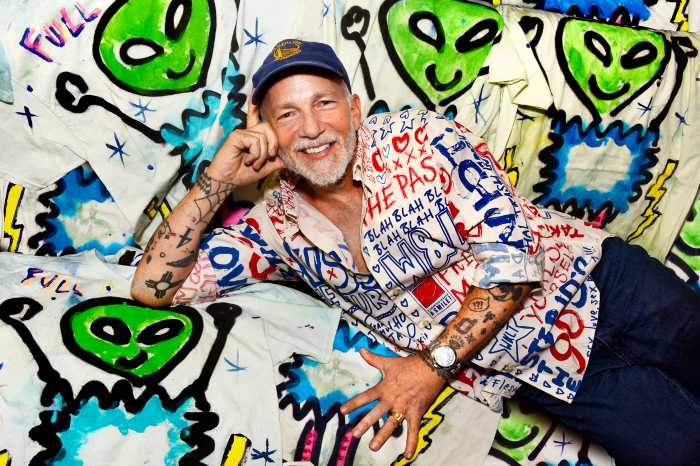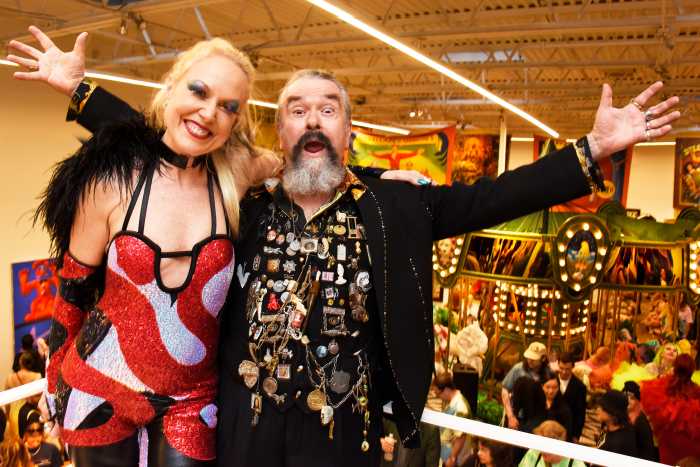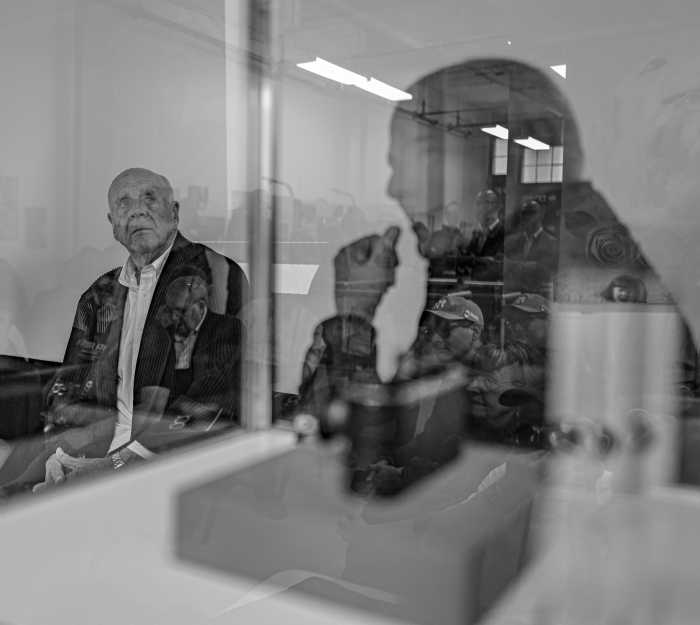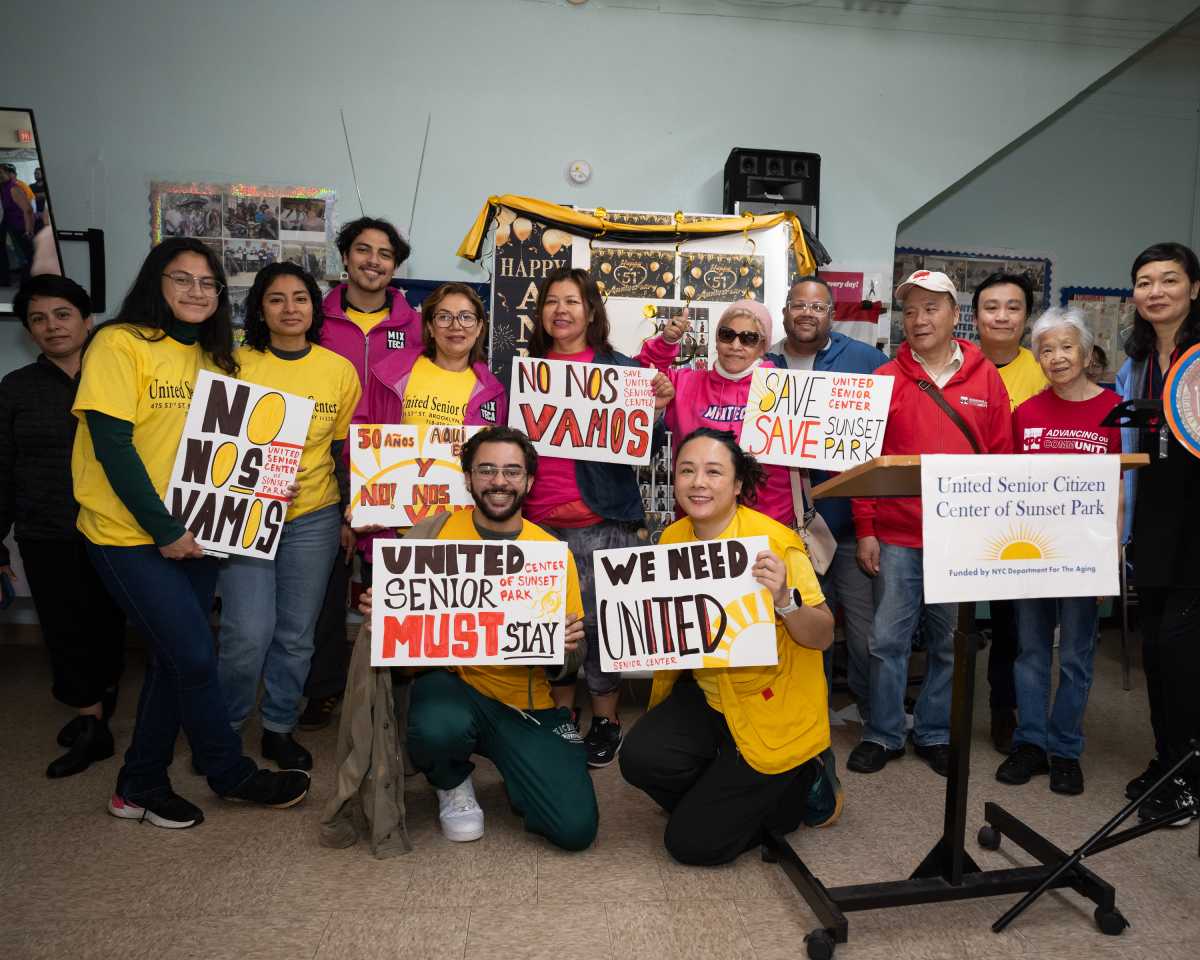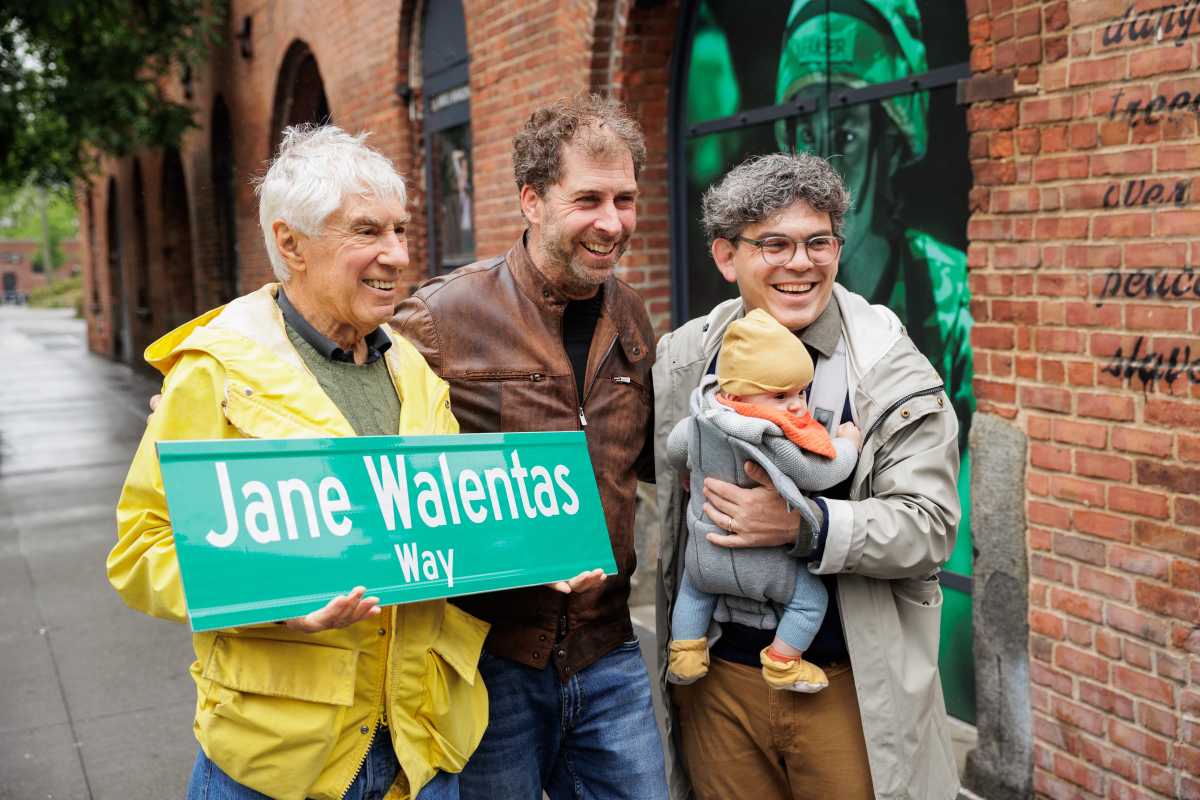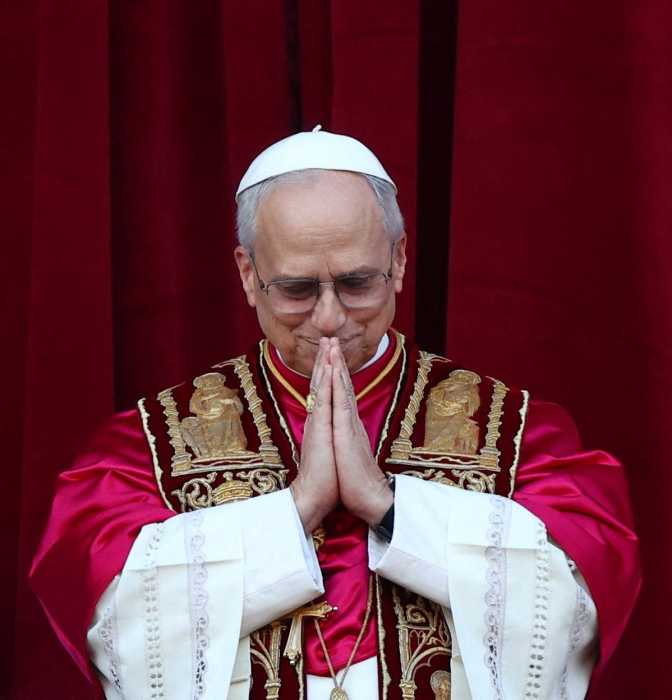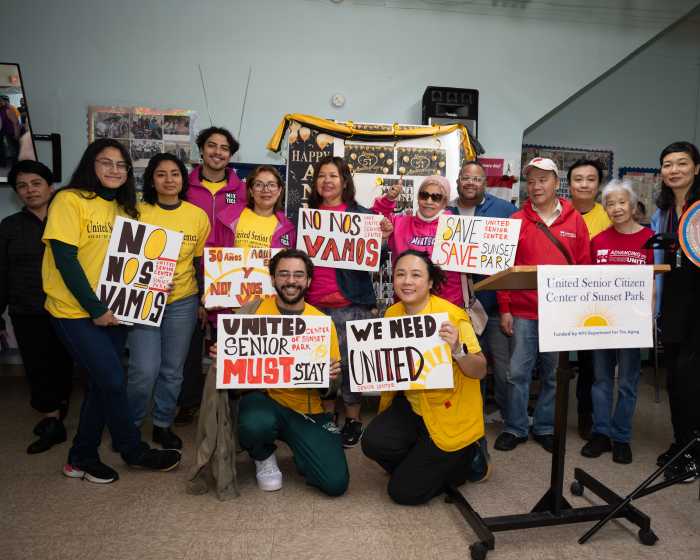By Sara G. Levin
Seasoned filmmaker Susan Seidelman thinks “Meet the Parents” is funnier than “Meet the Fockers.” She also believes that the sequel earned $100 million more than its predecessor in box office sales because of Barbra Streisand and Dustin Hoffman’s eccentric, sex-driven subplot.
If her theory is correct, and older actors can attract large audiences to a love story comedy because of their age, not despite it, then Seidelman’s next movie could spell indie gold. The dame of spunky, female-driven cinema — whose career in pop culture is somewhat overshadowed by her first two hits, “Smithereens” and “Desperately Seeking Susan” — recently finished “Boynton Beach Bereavement Club” and is now looking for a distributor. As implied by its title, the self-described romantic comedy is about seniors who meet through a bereavement club at a Florida “Active Adult” community and begin dating each other.
Starring in the film is a lineup of 1970s starlets and hunks like Dyan Cannon, Joseph Bologna, Brenda Vaccaro, Sally Kellerman and Len Cariou, who play seniors overcoming loneliness. It premiered to sold-out theaters at the Hamptons film festival and is scheduled to play at the Palm Springs, California festival this January. The filmmakers also hope to show “Boynton Beach” at the Tribeca film festival in the spring.
With excited eyes, Seidelman, who lives in Soho, explained that the original idea for the movie came from her mother, Florence, who lives in Boynton Beach.
“I’ve been making movies for about 23 years and every year my mother will call with like five ideas that she thinks would make wonderful films,” she joked, admitting how she politely declined each one. Then two years ago, her mother, now 74, began telling stories about her friend Dave, who was dating for the first time in fifty years and having the time of his life.
Jamin O’Brien, a co-Producer with Florence, admitted the film might not seem sexy. “It’s definitely not the edgy Sundance movies I’m used to doing at all,” he said, referring to films like “Hurricane Streets,” which he worked on with Morgan J. Freeman. But, he added, “There’s enough dramatic turmoil coupled with comedy.” There’s also plenty of nookie — O’Brien says there are a few make-out scenes and a shot of a bare-breasted Sally Kellerman.
Florence’s friend Dave, upon whom the film is based, had been married to her lifelong friend, Marilyn, since he was 20. When he was in his seventies and Marilyn passed away several years ago, he was so grief stricken, he could barely do anything but cry, Florence said. Then he joined a bereavement club.
“The next summer there was a complete transformation,” she said, telling stories about his dates. “He loved his wife very much, but being one of a few men in a bereavement club, women started giving him cards, bringing him food, asking him out on dates. He was shocked!” Florence said the club was a place where people could talk about anything from sadness to Viagra to the number of dates it’s appropriate to go on before sleeping with someone.
Florence began speaking to different people about dating, taking notes on stories, and eventually wrote a script.
“Then Susan came along and read it. She added a youthful element to it that I didn’t have,” Florence said.
“It’s full of funny anecdotes and stories about women and men reentering this world that they hadn’t been a part of [for some time]” the younger Seidelman described. “Only now, [in light of] Viagra, you’re not considered a dirty old man if you still have a sex drive at 70. Just think of rock stars! Rebellious ’60s rockers are pushing 60.”
Susan, who has a family of her own now, is in her early fifties. Though she directed a fair share of popular fanfare, including her 2001 film, “Gaudi Afternoon,” the first episode of Sex in the City and various episodes of Stella, her career has also been plagued by flops. As a pioneer female director, her films often focus on women protagonists and transforming identity. Her distinct style, which combines narration with offbeat humor, has produced some notable box office bombs like “She-Devil” with Meryl Streep and Roseanne Barr.
As a student at New York University’s film school in the seventies and eighties, Seidelman was shocked when her extension of a student film, “Smithereens,” was nominated for the Cannes Palm d’Or. Then, it was often considered harder for women directors to succeed; Susan herself was one of only five or six women in a 40-student class.
“There’s more and more of us, but I still think it’s much harder,” Seidelman said, adding that NYU now enrolls as many women as men. “There’s still this old-fashioned stereotype — a director has to be a guy, a macho John Huston-type. There’s still a boy’s club.” Three years ago, Salon magazine reported a San Diego State University study that found that female directors make up only four percent of the industry.
Susan added, however, that because she has been in the business for a long time, being a woman is not as much of an issue for her anymore. “People know [who I am] so either they like what I do or they don’t like what I do.”
“I think [Susan] is very confident, very aware of where the camera needs to be, where the high and low points are in the story,” O’Brien said. Though the film’s subject may be untraditional, he added, “Boynton Beach Bereavement Club” still emits Susan’s “quirkiness and stylized drama,” so it can still be marketed to film students and artsy audiences “like people who normally go to the Angelika or the Sunshine.”
Now if only she could find a distributor…
